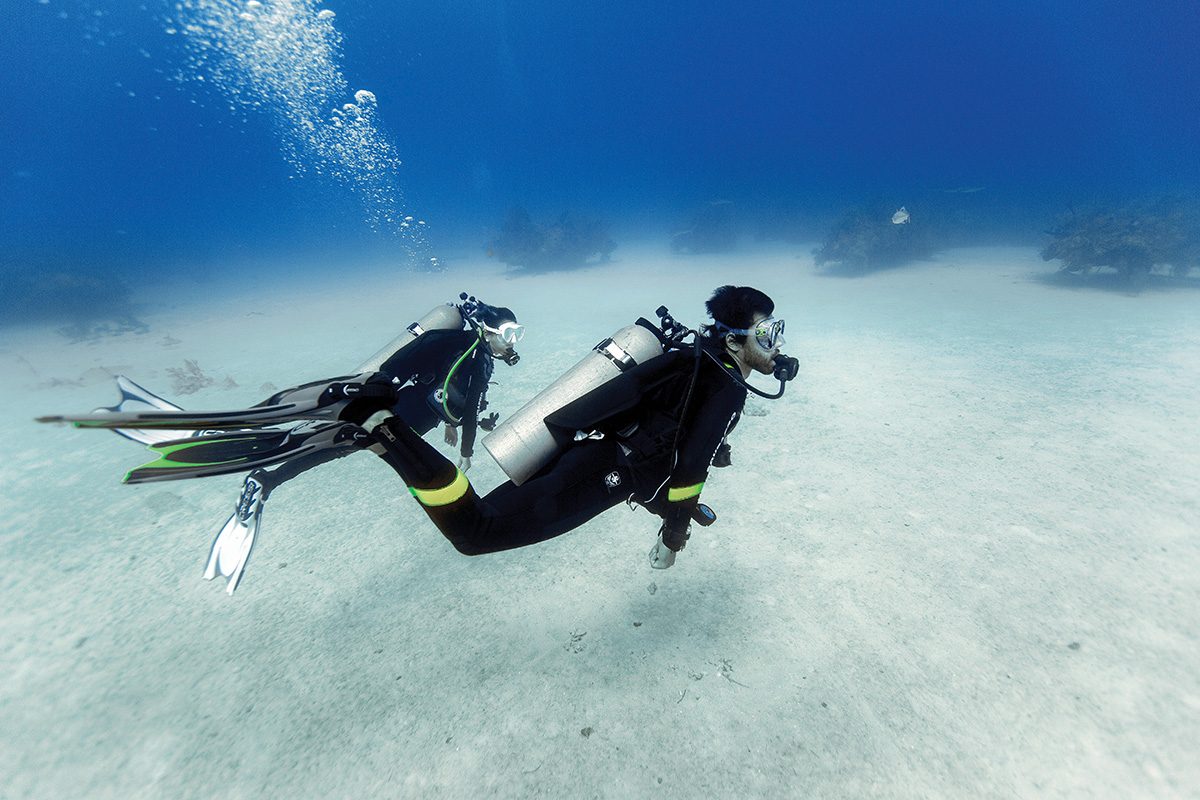RedSeaDiver2
Contributor
Study is about teaching divers how to use Doppler ultrasound with sufficient reliability - Study Report - this could be quite interesting for diving in the future - particularly for expedition diving. I wonder how much a simple set of gear costs?





